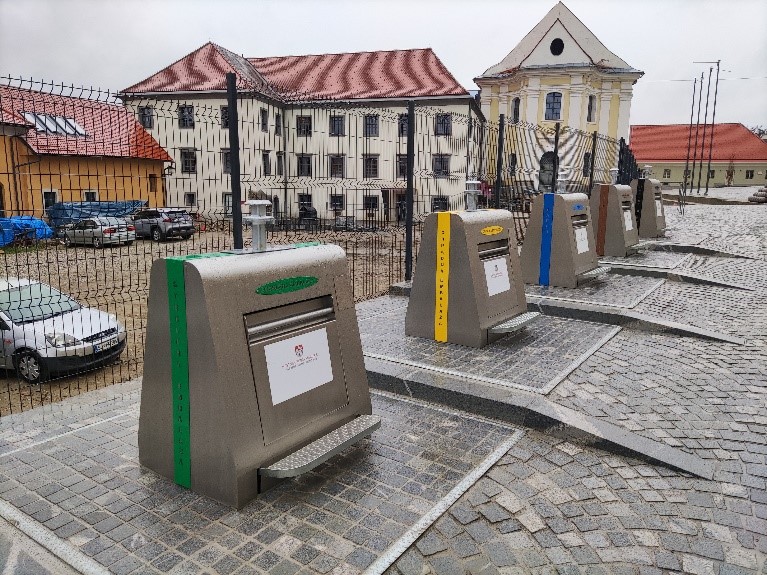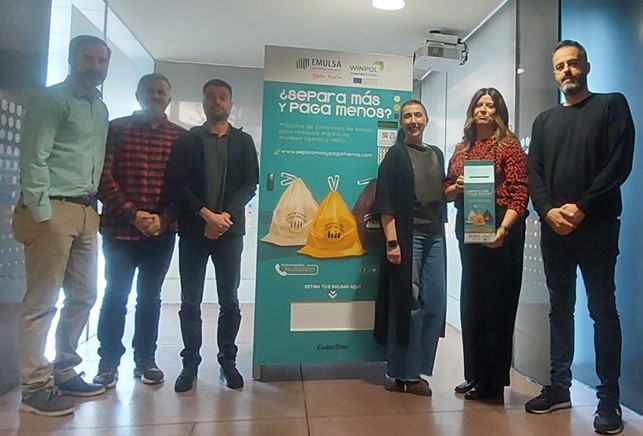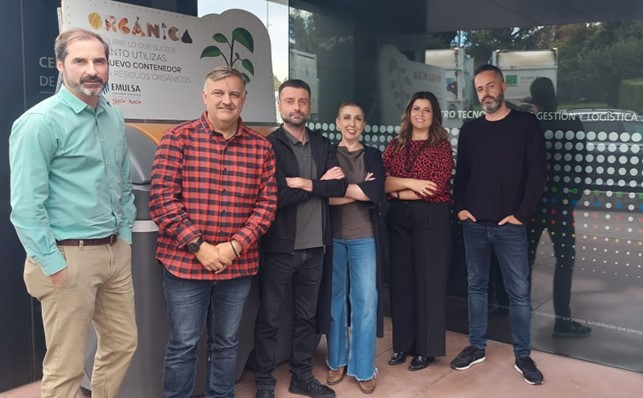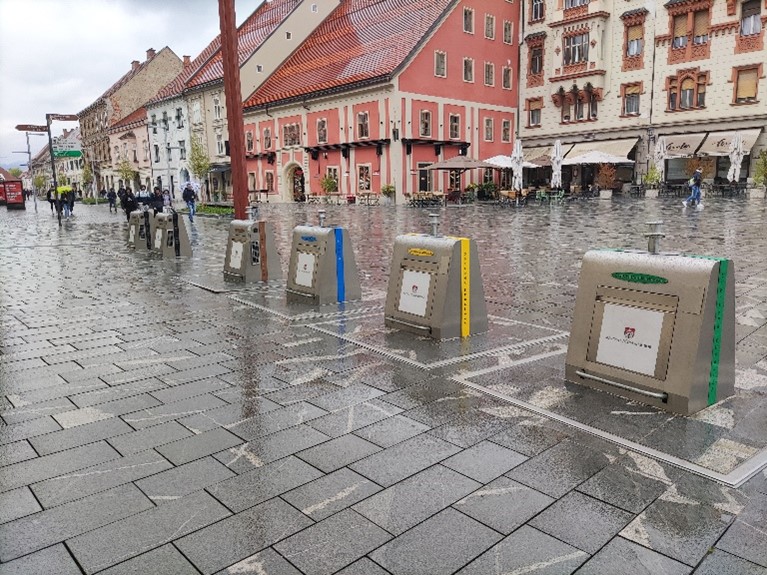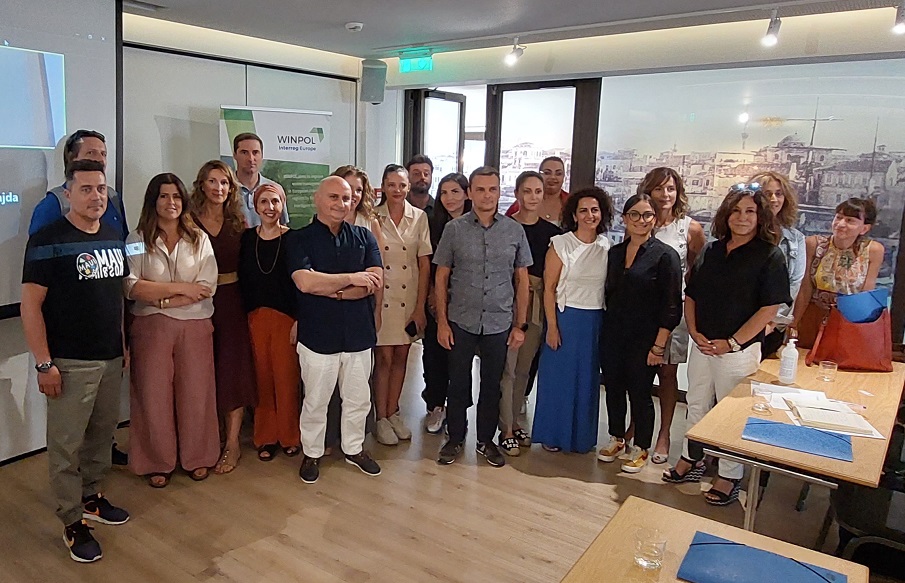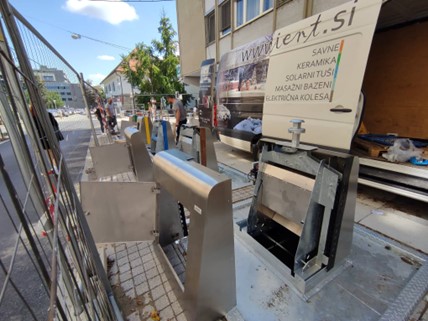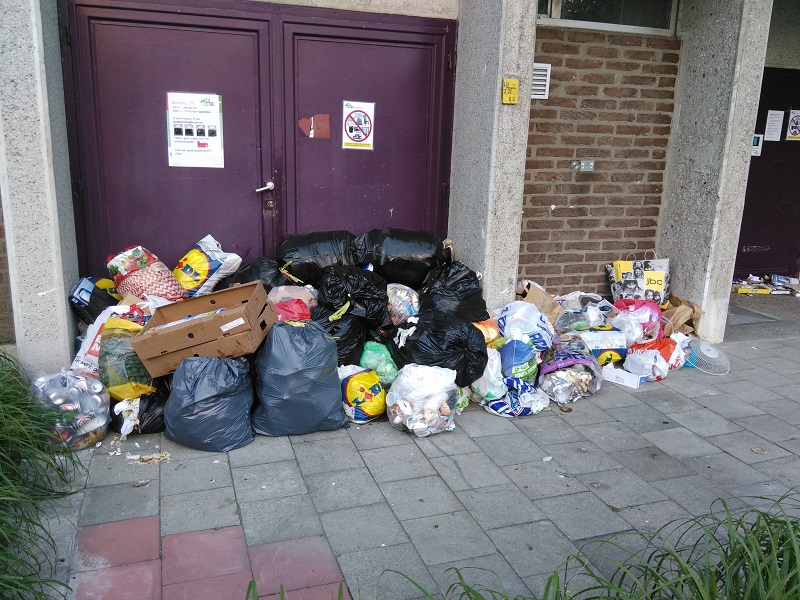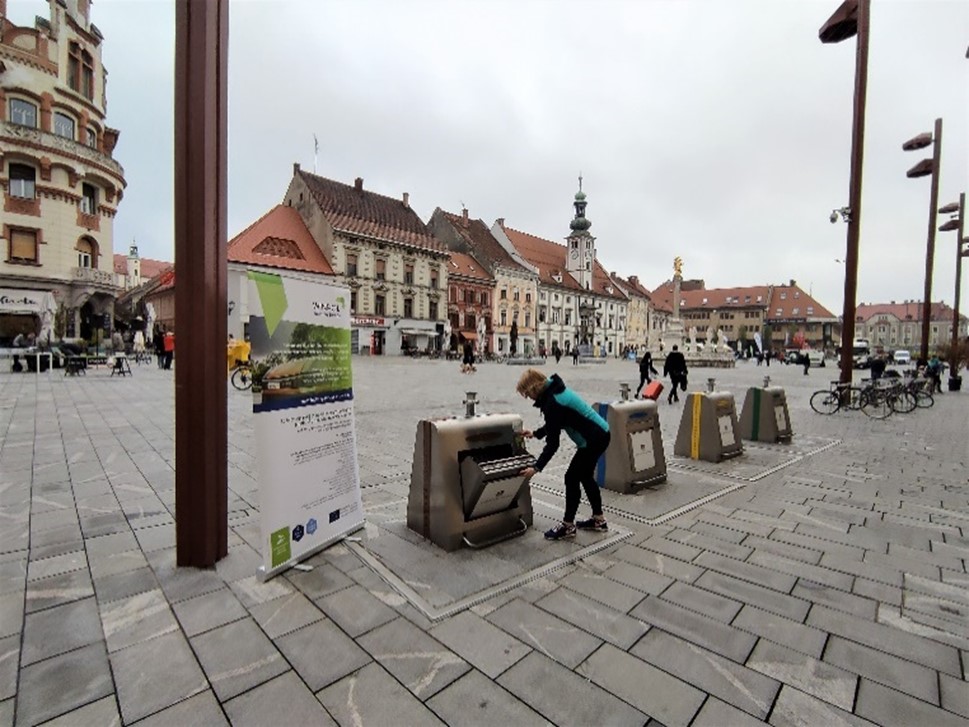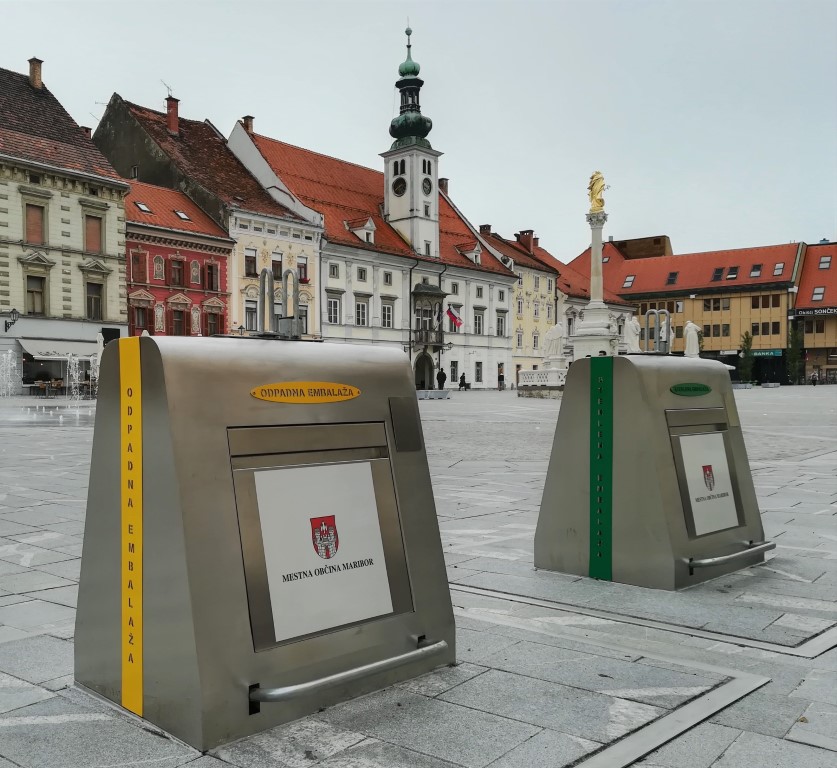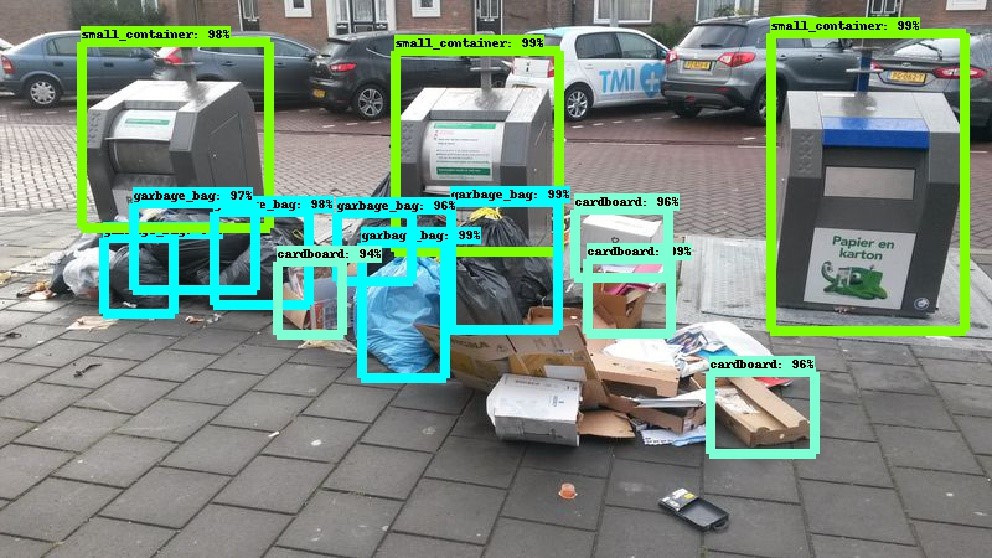For seven months EMULSA has been collecting mowing and pruning waste in 60 containers installed in November 2020 in various parishes in the eastern part of the rural district. Although the collection is still on-going, EMULSA is now analysing the results and draws the first conclusion from this pilot project, which is the second action of EMULSA’s Action Plan.
A characterization and quantification of the vegetable waste was carried out in each of the areas studied and surveyed (areas with and without a lock), in order to know the percentages of improper waste (mixed garbage) found. Non-recyclable waste fraction containers in these two areas (with and without a lock) and in the suburbs and other semi-urban and peri-urban areas have also been characterized to determine the amount of vegetable waste placed in the containers.
A well-accepted and efficient collection
Containers for grass clippings, leaves and branches have obtained great acceptance and proved very popular. 320 tonnes have been collected from the beginning of the pilot project, tonnes that have evolved from waste in the landfill to high quality compost.
In order to make compost, eco-friendly fertilizer, it is almost essential that this type of waste contains the minimum amount of mixed waste (improper waste) as it directly affects the quality of the compost. The results obtained show extraordinary figures: 100% plant residue in lockable containers and 95% containers without a lock.
The amount of garden waste collected in containers without a lock is larger.
A successful pilot contributing to increase quantities collected
The amount of garden waste collected in the four civic amenity sites in the city remains constant if compared with that of previous years. From this information we reach the conclusion that the recycled amount of mowing and pruning waste has increased thanks to this pilot project.
The collaboration of the neighbors has been essential for the success of this pilot experience, and to achieve an adequate use of the containers. It is a good step to reach the objective of facilitating the correct separation of vegetal waste for residents of the rural area of Gijón and preventing them from using non-recyclable waste containers, to deposit the mowing and pruning waste from their farms, allowing separation for recycling into compost and reducing the waste that ends up in landfills.
What is next?
In the light of the results obtained, it does make sense to expand the coverage and the installation of selective pruning and mowing containers to more areas of the municipality. Since the improper waste difference between lockable and non-lockable containers is minimal, it makes sense to install lock free containers.
It will also be necessary to modify some locations based on the usage of each container. EMULSA believes that the placement should be scattered, it not necessary to place a separate collection container for garden waste for each existing container of residual fraction, but to install them progressively in the rest of the parishes.


